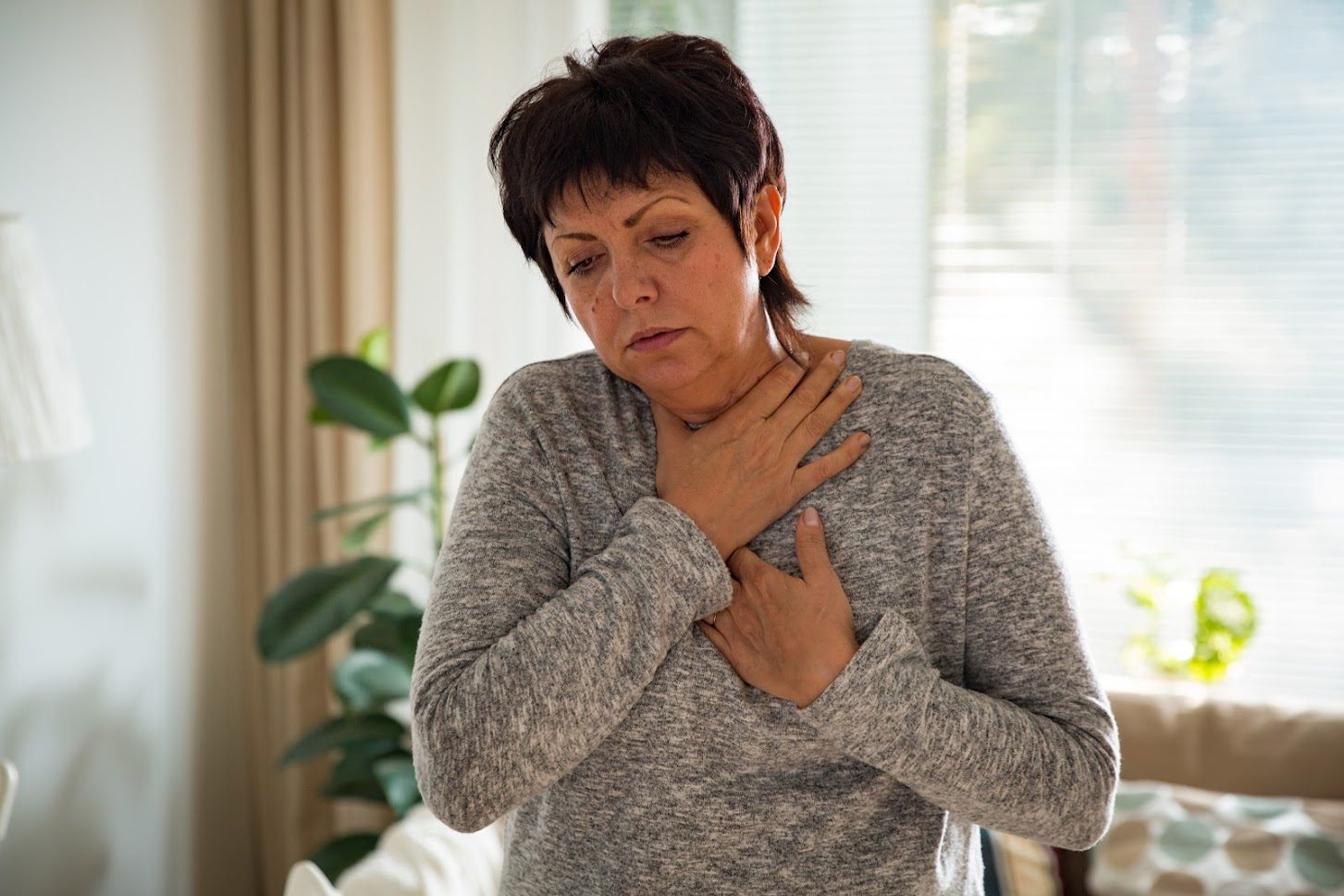
Your indoor air quality (IAQ) affects your health and comfort. Humidity is one of the factors that affect your IAQ. Both high and low humidity are not good for you. Below are some of the dangers, causes, and solutions for extremely low humidity.
Dangers
Extreme dry air is bad on multiple levels. Below are some of its effects.
Discomfort
You might feel uncomfortable if the air is extremely dry. You might even struggle to breathe as the dry air affects your respiratory tract.
Skin Effects
Extreme dry air can dry out your skin. Dry skin easily flakes and itches.
Health Effects
Dry air can affect your health in multiple ways. For example, the air might:
- Trigger flare-ups of existing skin conditions, such as eczema
- Cause frequent coughing and sore throat due to irritations of the mucus membranes in your body
- Increase your risk of infections if it dries out your mucus membranes
The effects vary from person to person.
Property Damage
Your household properties can also suffer damage if the air is too dry. For example, dry air can:
- Dry out wooden items, such as cupboards, and cause them to curl or split
- Damage sensitive electronics due to static electricity shock
- Crack and chip your paint
Most of these damages occur over the long term.
Causes
Some people think that their heating systems, such as furnaces, cause dry air. However, that is not entirely true. Your heating system might be a contributing factor but not the direct cause of dry air. Below are two main causes of dry indoor air:
Dehumidification
Dehumidification removes moisture from the air to control humidity. However, too much dehumidification can leave the air too dry. That might happen, for example, if someone runs the dehumidifier for a long time, runs it with the wrong setting, or forgets to turn it off.
Infiltration
Infiltration occurs if the outside air finds its way into the house. Infiltration leads to dry indoor air since the outside humidity is typically lower than indoor humidity during the winter season. Several things can cause infiltration, with air leaks and overventilation as the main causes.
Air leaks are gaps in your house that allow outside air to enter the house and inside air to leave. Air leaks typically occur:
- Around doors and windows with damaged or missing seals
- From damaged or disconnected ductwork with damaged or missing seals
- Around plumbing or electrical pipes
Overventilation means your house loses too much indoor air. That might be the case if you have a malfunctioning or improperly designed whole-house ventilation system. In such a case, the pressure imbalance can force outside air to rush into the house in every possible way.
Solutions
You don’t have to live with extremely dry air and its effects. The following measures can help improve your house’s humidity:
Address the Cause
Diagnose and address the root of the problem. For example, seal gaps around windows and doors from which your house is losing air. You may need a professional technician’s help for the diagnosis.
Humidify
Another tip is to increase your home’s humidity. A few tips for doing this include:
- Running a humidifier with the correct setting
- Boiling some water in open pots
- Drying your clothes inside the house
- Keeping some houseplants
Whatever measures you take, do them in moderation to avoid creating the opposite problem of high indoor humidity.
Humidity control requires a multifaceted approach. CABS Heating & Air Conditioning has extensive experience with heating, ventilation, and air conditioning systems. We can help you ensure that your IAQ is comfortable and healthy.
Contact us for quotes on all your HVAC needs.







